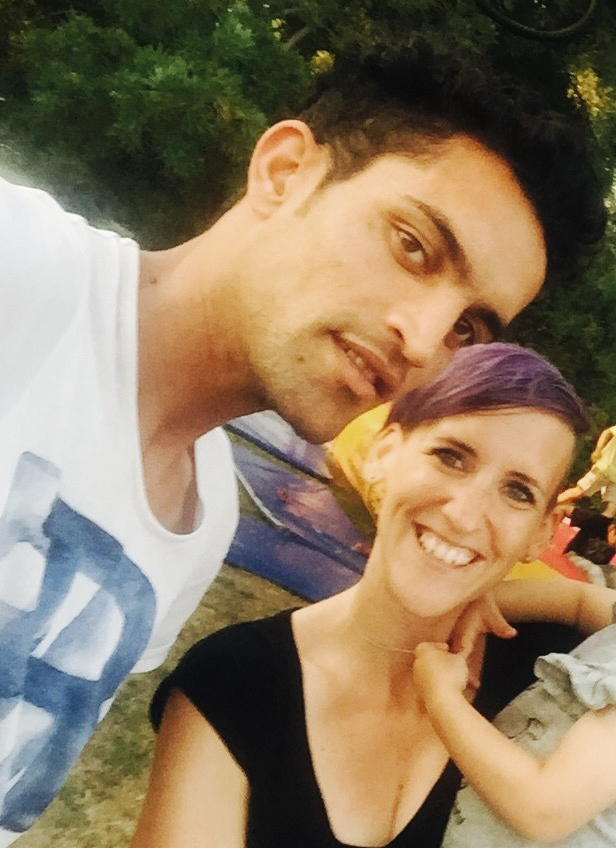
Written by Nicole Ludwig
APRIL 18, 2018
Written by Nicole Ludwig, TSOS Refugee Coordinator
When I entered the newly opened refugee camp near my home for the first time, I had no idea what the people there had gone through. I only knew it must have been horrible in their home country if they chose to risk drowning in a small, overloaded, rubber boat crossing a sea rather than staying at home.
I soon discovered their stories one by one. They opened their hearts and told me their stories in many ways — through paintings and drawings, through gestures, like an old lady whose hand movements demonstrated how the Taliban slit the throat of her son and made her watch, or just by looking into their eyes to discover the depths of fear, pain, and grief that will never go away.
These people needed help, support and above all lots of love and real friendship. I did my best. I managed a neighborhood volunteer group and tried to help them wherever I could in addition to managing my normal, peaceful, family life. The displaced people taught my children and myself so much, like how thankful we should be for what we have — above all, freedom.
We received more than we gave — love, friendship, trust and they made me rethink my priorities in life. My work with the refugees affected my kids a lot. I could see their ability to love and their desire to share time with the refugees grow a lot. And they did so without prejudice.
I try to teach my kids that in the end, we will all be judged by the courage of our hearts. I hope there are many more people out there trying to be courageous and let these people in their lives. Giving of yourself can be simple but you will benefit in so many ways for the rest of your life.
Official Statement on the Detention of Refugees and Ongoing Community Violence
With another death in Minnesota and continued violence toward individuals and groups standing up for their communities, we acknowledge the profound fear and uncertainty people are feeling--not just locally, but across the country.
On top of this, there are reports that refugees invited and admitted to our country through the U.S. Refugee Admission Program are now being detained, meaning that our new friends and neighbors feel that fear most acutely.
Refugees have already fled violence and persecution once. They came here legally, seeking safety. In moments like these, we reaffirm our commitment to building communities where refugees and immigrants can live without fear. Where they can go to work, send their children to school, and build lives of dignity and belonging.
We call for due process, accountability, and humanity in all immigration enforcement operations. We call upon our leaders to demand the demilitarization of our neighborhoods and cities. And we call on all of us to continue the work of welcoming and protecting those who have been forcibly displaced from their homes.